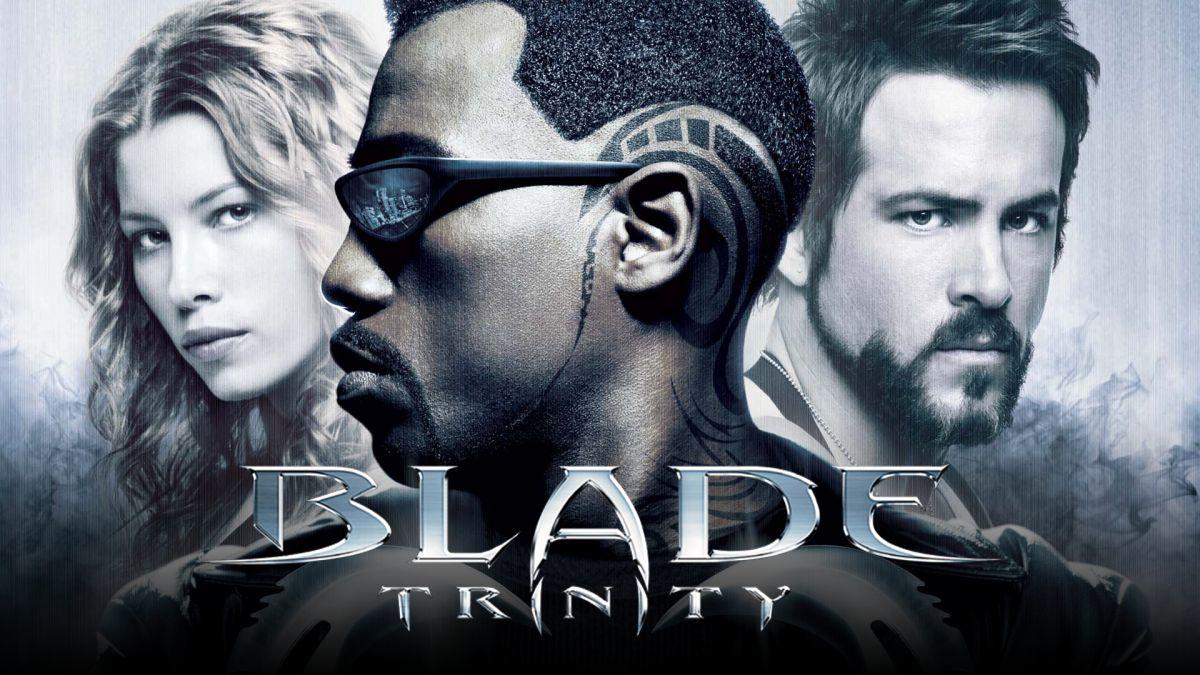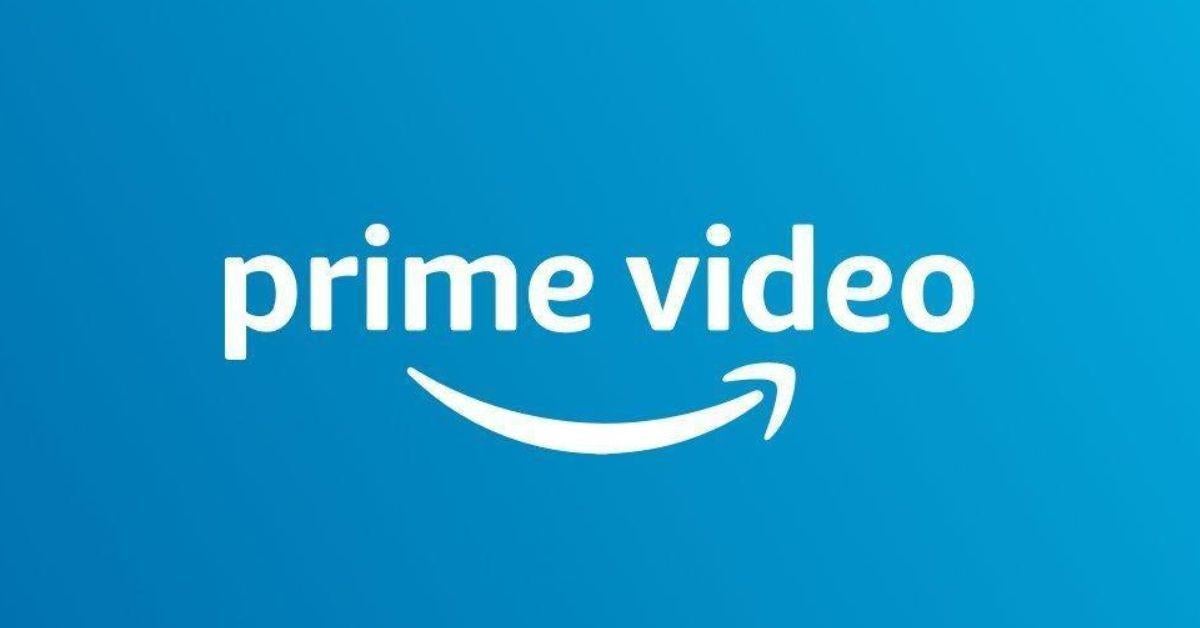Apple Settlement: How to Claim Your Reward If You Owned an iPhone
In 2017, Apple was hit with a class-action lawsuit that claimed updates to the iOS had throttled [...]
In 2017, Apple was hit with a class-action lawsuit that claimed updates to the iOS had throttled the performance of iPhones with older batteries, causing poor or limited performance of the popular smartphones. Earlier this year, Apple settled the so-called "batterygate" suit with the tech company agreeing to pay out up to $500 million to owners of impacted phones and now there's a website where you can register for your payment in the battery throttling settlement. Here's what you need to know.
The proposed settlement has some very specific parameters. If you live in the United States and own or previously owned an iPhone 6, 6 Plus, 6S, 6S Plus, and/or SE that ran i0S 10.2.1 or later before December 21, 2017 or an iPhone 7 or iPhone 7 Plus that ran iOS 11.2 or later before December 21, 2017 you could be eligible to make a claim on the settlement website here according to MacRumors (via The Verge).
If you are eligible, Apple will "provide a cash payment of approximately $25 per eligible device", though that amount could go up or down depending on the total number of claims -- specifically, if approved claims exceed the $500 million cap, phone owners settlements could be lower. Not sure if you owned one of the devices covered in the settlement? You will need the serial number for your device but don't worry if you no longer have the phone or access to that information: there's a tool on the site that may be able to help you locate your Serial Number. Consumers wanting to file claims in the settlement have a deadline for filing of October 6th.
The website also has other opens for consumers impacted by the case. There's an option to exclude yourself and your impacted device from the settlement -- something the site notes is the only option that would permit the consumer to be part of another lawsuit against Apple about the claims and allegations of the case. There are also options to object to the settlement, object to attorney's fees, information about attending a hearing in the case, or to do nothing, an option that the site notes would not only offer no payment but also see consumers "give up your right to compensation for the claims and allegations in the case."
If you do choose to file for a settlement, while it's a fairly straightforward process, consumers may not want to start checking their mailboxes for that check just yet. According to an FAQ section on the claim site, the final hearing in the case is scheduled for December 4th. If the court signs off on the settlement at that time, benefits will be distributed sometime after that date.
Battery performance was a major issue for Apple a few years ago when users discovered that, after updating their iOS, their phones with low-capacity batteries were slowing down. Apple eventually admitted that they had throttled iPhone CPU performance as a way to preserve battery life but hadn't informed users of this. They eventually offered discounted battery replacements to customers as well as offered users a method to disable the battery management system on the phones for themselves.
Will you by filing a settlement claim? Let us know your thoughts in the comments below.
Photo: Carl Court/Getty Images




